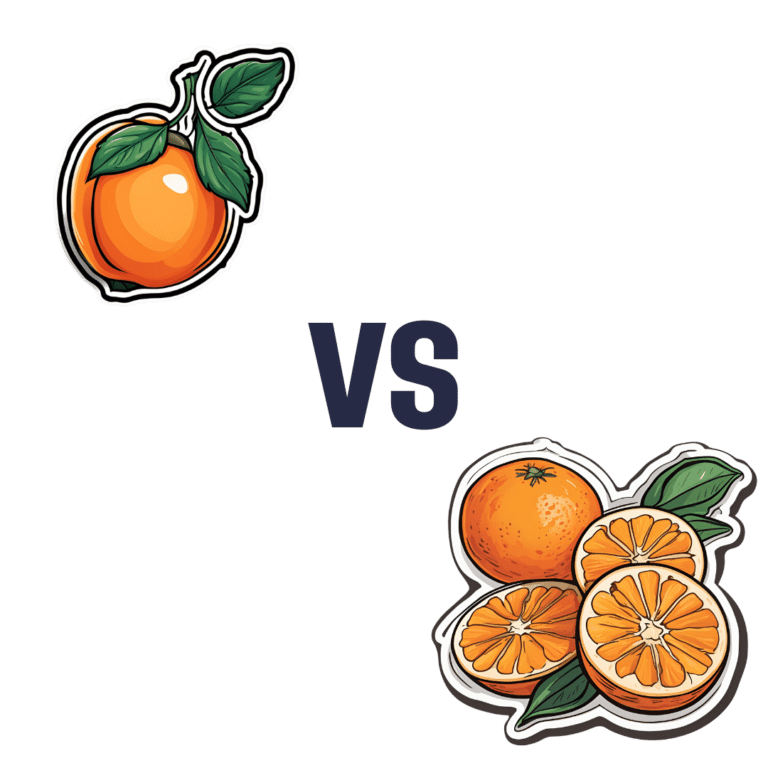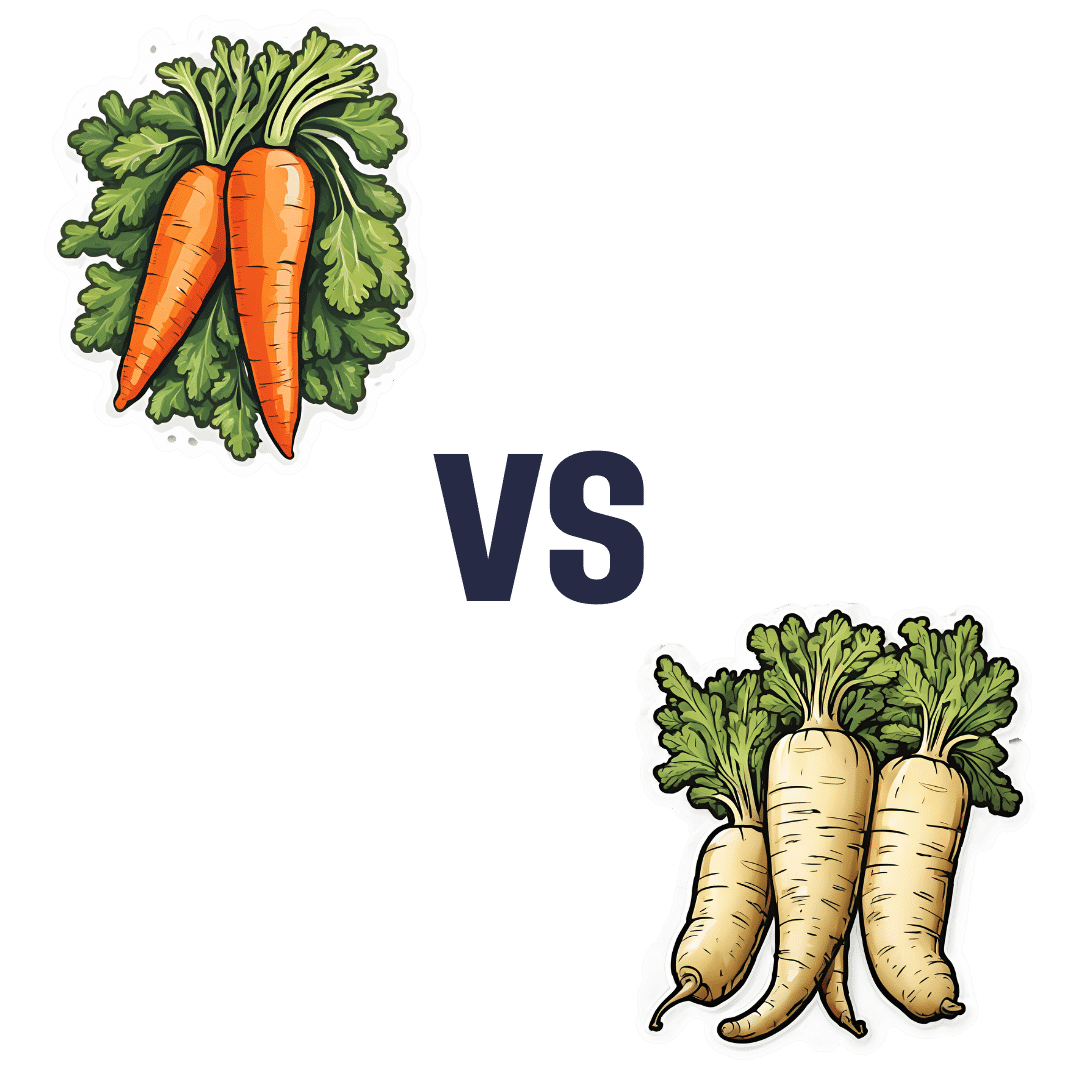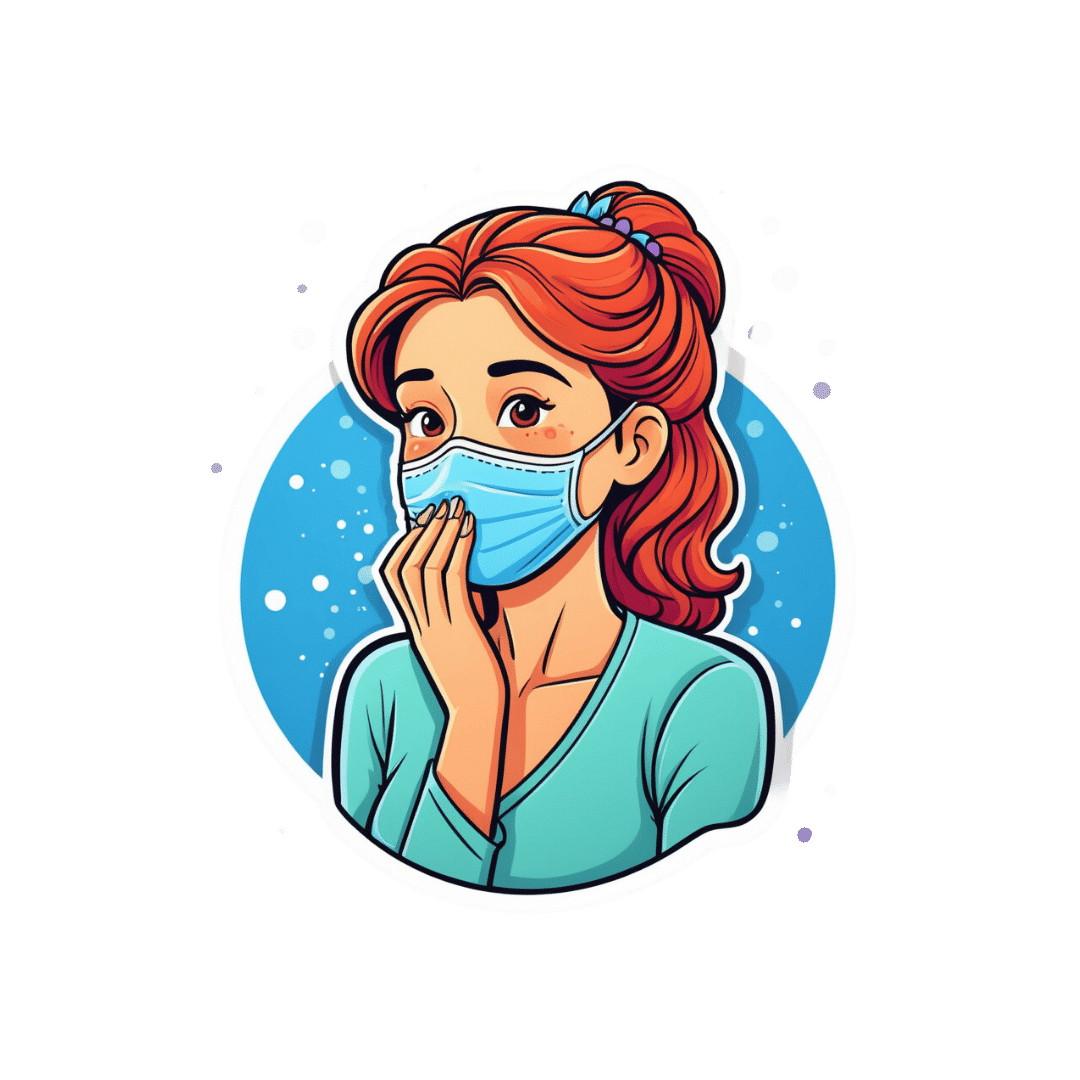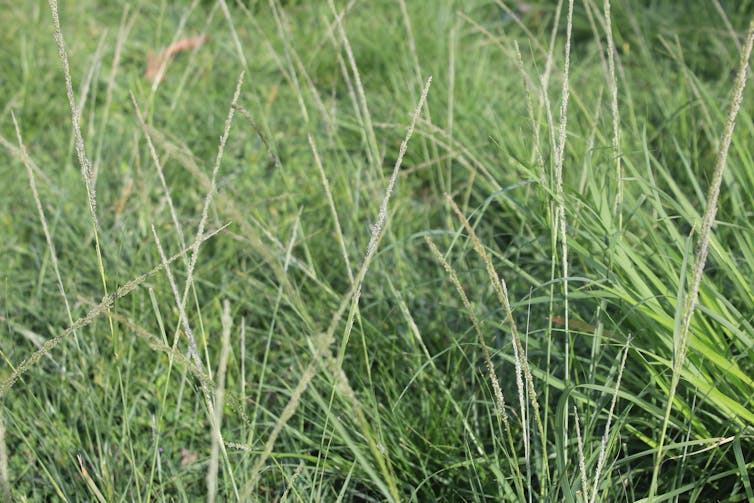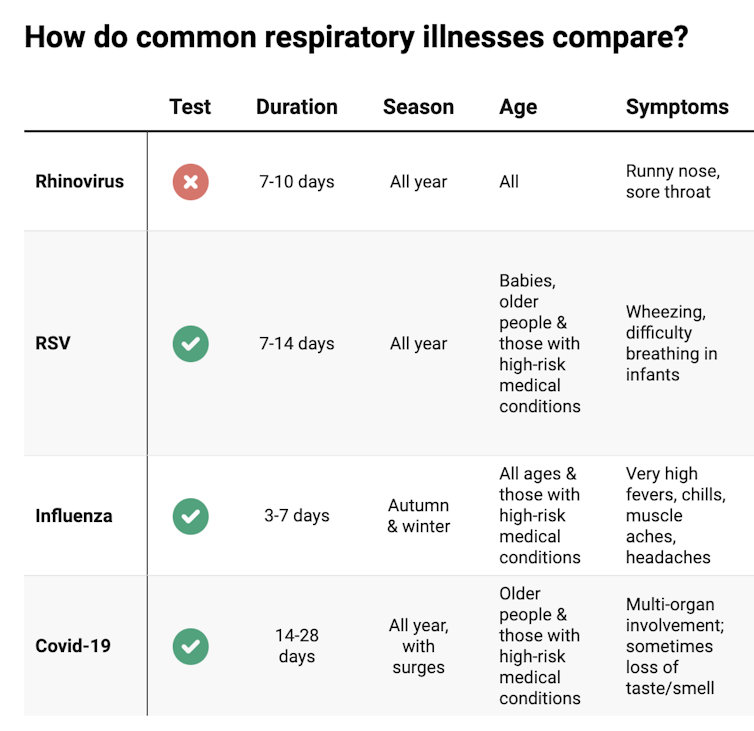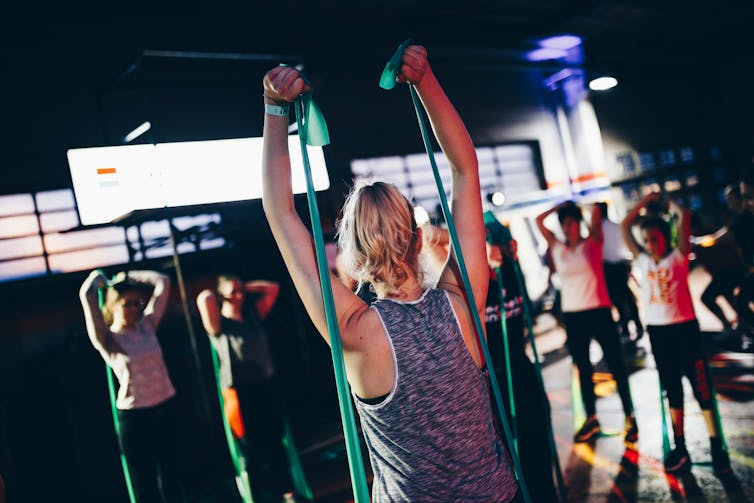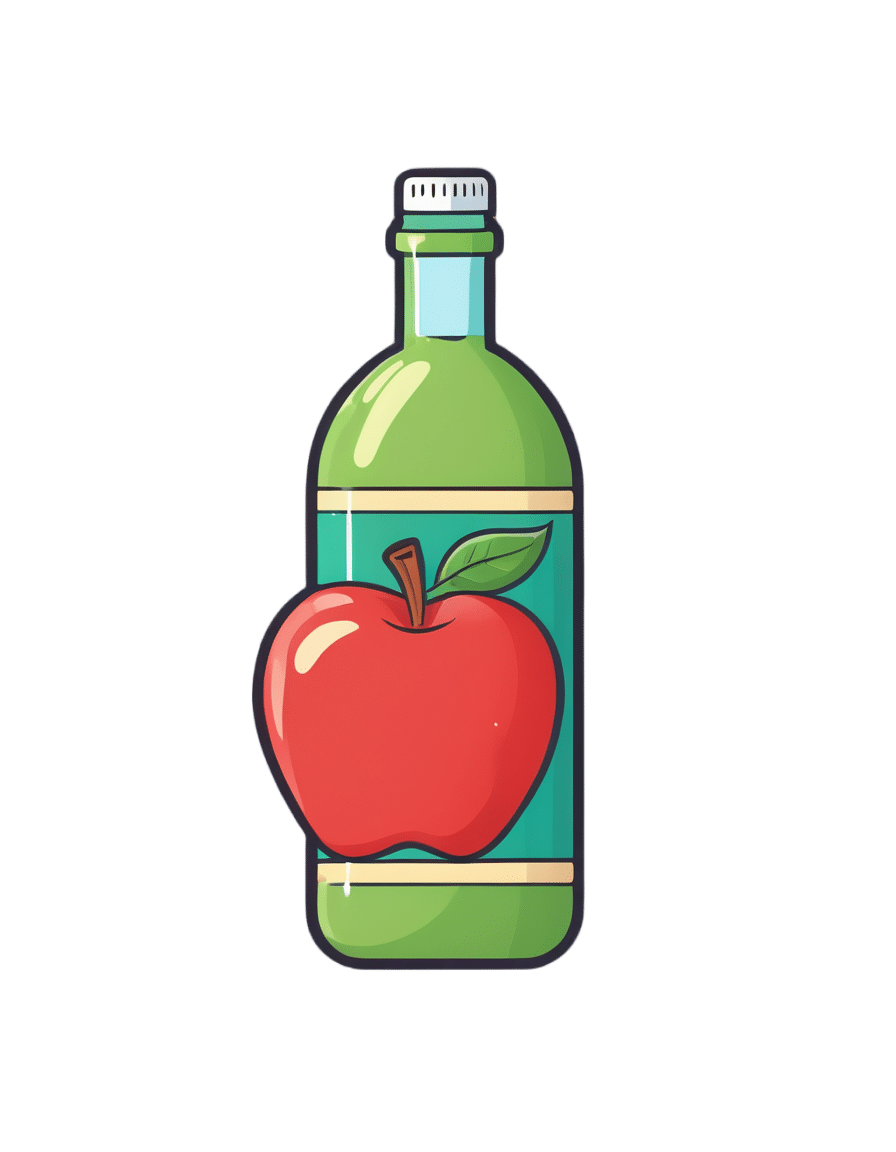
Sesame Seeds vs Poppy Seeds – Which is Healthier?
10almonds is reader-supported. We may, at no cost to you, receive a portion of sales if you purchase a product through a link in this article.
Our Verdict
When comparing sesame seeds to poppy seeds, we picked the poppy seeds.
Why?
It’s close, and they’re both very respectable seeds!
In terms of macros, their protein content is the same, while poppy seeds have a little less fat and more carbs, as well as slightly more fiber. A moderate win for poppy seeds on this one.
About that fat… The lipid profiles here see poppy seeds with (as a percentage of total fat, so notwithstanding that poppy seeds have a little less fat overall) more polyunsaturated fat and less saturated fat. Another win for poppy seeds in this case.
In the category of vitamins, poppy seeds contain a lot more vitamins B5 & E while sesame seeds contain notably more vitamins B3, B6 and choline. Marginal win for sesame this time.
When it comes to minerals, poppy seeds contain rather more calcium, phosphorus, potassium, and manganese, while sesame seeds contain more copper, iron, and selenium. Marginal win for poppies here.
Note: it is reasonable to wonder about poppy seeds’ (especially unwashed poppy seeds’) opiate content. Indeed, they do contain opiates, and levels do vary, but to give you an idea: you’d need to eat, on average, 1kg (2.2lbs) of poppy seeds to get the same opiate content as a 30mg codeine tablet.
All in all, adding up the wins in each section, this one’s a moderate win for poppy seeds, but of course, enjoy both in moderation!
Want to learn more?
You might like to read:
- Chia Seeds vs Flax Seeds – Which is Healthier?
- Sunflower Seeds vs Pumpkin Seeds – Which is Healthier?
- Hemp Seeds vs Flax Seeds – Which is Healthier?
Take care!
Don’t Forget…
Did you arrive here from our newsletter? Don’t forget to return to the email to continue learning!
Recommended
Learn to Age Gracefully
Join the 98k+ American women taking control of their health & aging with our 100% free (and fun!) daily emails:
-
Carrots vs Parsnips – Which is Healthier?
10almonds is reader-supported. We may, at no cost to you, receive a portion of sales if you purchase a product through a link in this article.
Our Verdict
When comparing carrots to parsnips, we picked the parsnips.
Why?
There are arguments for both! But we say parsnips win on overall nutritional density.
In terms of macros, parsnips vary quite a lot from region to another, but broadly speaking, parsnips have more carbs and fiber, and/but the ratios are such that carrots have the lower glycemic index. We’ll call this one a win for carrots.
When it comes to vitamins, carrots have more of vitamins A, B2, B3, B6, and choline, while parsnips have more of vitamins B1, B5, B9, C, E, and K. A small win for parsnips here.
In the category of minerals, carrots are not higher in any minerals, while parsnips are higher in calcium, copper, iron, magnesium, manganese, phosphorus, potassium, selenium, and zinc. An overwhelming win for parsnips.
While the overall vitamin and mineral content puts parsnips ahead, it’s still worth noting that carrots have highly bioavailable megadoses of vitamin A.
Another thing to note is that the glycemic index recorded for both is when peeled and boiled, whereas both of these root vegetables can be enjoyed raw if you wish, which has a much lower GI.
In short, enjoy either or both, but parsnips are the more nutritionally dense overall.
Want to learn more?
You might like to read:
Glycemic Index vs Glycemic Load vs Insulin Index
Take care!
Share This Post
-
I have a stuffy nose, how can I tell if it’s hay fever, COVID or something else?
10almonds is reader-supported. We may, at no cost to you, receive a portion of sales if you purchase a product through a link in this article.
Hay fever (also called allergic rhinitis) affects 24% of Australians. Symptoms include sneezing, a runny nose (which may feel blocked or stuffy) and itchy eyes. People can also experience an itchy nose, throat or ears.
But COVID is still spreading, and other viruses can cause cold-like symptoms. So how do you know which one you’ve got?
Lysenko Andrii/Shutterstock Remind me, how does hay fever cause symptoms?
Hay fever happens when a person has become “sensitised” to an allergen trigger. This means a person’s body is always primed to react to this trigger.
Triggers can include allergens in the air (such as pollen from trees, grasses and flowers), mould spores, animals or house dust mites which mostly live in people’s mattresses and bedding, and feed on shed skin.
When the body is exposed to the trigger, it produces IgE (immunoglobulin E) antibodies. These cause the release of many of the body’s own chemicals, including histamine, which result in hay fever symptoms.
People who have asthma may find their asthma symptoms (cough, wheeze, tight chest or trouble breathing) worsen when exposed to airborne allergens. Spring and sometimes into summer can be the worst time for people with grass, tree or flower allergies.
However, animal and house dust mite symptoms usually happen year-round.
Ryegrass pollen is a common culprit. bangku ceria/Shutterstock What else might be causing my symptoms?
Hay fever does not cause a fever, sore throat, muscle aches and pains, weakness, loss of taste or smell, nor does it cause you to cough up mucus.
These symptoms are likely to be caused by a virus, such as COVID, influenza, respiratory syncytial virus (RSV) or a “cold” (often caused by rhinoviruses). These conditions can occur all year round, with some overlap of symptoms:
Natasha Yates/The Conversation COVID still surrounds us. RSV and influenza rates appear higher than before the COVID pandemic, but it may be due to more testing.
So if you have a fever, sore throat, muscle aches/pains, weakness, fatigue, or are coughing up mucus, stay home and avoid mixing with others to limit transmission.
People with COVID symptoms can take a rapid antigen test (RAT), ideally when symptoms start, then isolate until symptoms disappear. One negative RAT alone can’t rule out COVID if symptoms are still present, so test again 24–48 hours after your initial test if symptoms persist.
You can now test yourself for COVID, RSV and influenza in a combined RAT. But again, a negative test doesn’t rule out the virus. If your symptoms continue, test again 24–48 hours after the previous test.
If it’s hay fever, how do I treat it?
Treatment involves blocking the body’s histamine release, by taking antihistamine medication which helps reduce the symptoms.
Doctors, nurse practitioners and pharmacists can develop a hay fever care plan. This may include using a nasal spray containing a topical corticosteroid to help reduce the swelling inside the nose, which causes stuffiness or blockage.
Nasal sprays need to delivered using correct technique and used over several weeks to work properly. Often these sprays can also help lessen the itchy eyes of hay fever.
Drying bed linen and pyjamas inside during spring can lessen symptoms, as can putting a smear of Vaseline in the nostrils when going outside. Pollen sticks to the Vaseline, and gently blowing your nose later removes it.
People with asthma should also have an asthma plan, created by their doctor or nurse practitioner, explaining how to adjust their asthma reliever and preventer medications in hay fever seasons or on allergen exposure.
People with asthma also need to be alert for thunderstorms, where pollens can burst into tinier particles, be inhaled deeper in the lungs and cause a severe asthma attack, and even death.
What if it’s COVID, RSV or the flu?
Australians aged 70 and over and others with underlying health conditions who test positive for COVID are eligible for antivirals to reduce their chance of severe illness.
Most other people with COVID, RSV and influenza will recover at home with rest, fluids and paracetamol to relieve symptoms. However some groups are at greater risk of serious illness and may require additional treatment or hospitalisation.
For RSV, this includes premature infants, babies 12 months and younger, children under two who have other medical conditions, adults over 75, people with heart and lung conditions, or health conditions that lessens the immune system response.
For influenza, people at higher risk of severe illness are pregnant women, Aboriginal people, people under five or over 65 years, or people with long-term medical conditions, such as kidney, heart, lung or liver disease, diabetes and decreased immunity.
If you’re concerned about severe symptoms of COVID, RSV or influenza, consult your doctor or call 000 in an emergency.
If your symptoms are mild but persist, and you’re not sure what’s causing them, book an appointment with your doctor or nurse practitioner. Although hay fever season is here, we need to avoid spreading other serious infectious.
For more information, you can call the healthdirect helpline on 1800 022 222 (known as NURSE-ON-CALL in Victoria); use the online Symptom Checker; or visit healthdirect.gov.au or the Australian Society of Clinical Immunology and Allergy.
Deryn Thompson, Eczema and Allergy Nurse; Lecturer, University of South Australia
This article is republished from The Conversation under a Creative Commons license. Read the original article.
Share This Post
-
Five Advance Warnings of Multiple Sclerosis
10almonds is reader-supported. We may, at no cost to you, receive a portion of sales if you purchase a product through a link in this article.
Five Advance Warnings of Multiple Sclerosis
First things first, a quick check-in with regard to how much you know about multiple sclerosis (MS):
- Do you know what causes it?
- Do you know how it happens?
- Do you know how it can be fixed?
If your answer to the above questions is “no”, then take solace in the fact that modern science doesn’t know either.
What we do know is that it’s an autoimmune condition, and that it results in the degradation of myelin, the “insulator” of nerves, in the central nervous system.
- How exactly this is brought about remains unclear, though there are several leading hypotheses including autoimmune attack of myelin itself, or disruption to the production of myelin.
- Treatments look to reduce/mitigate inflammation, and/or treat other symptoms (which are many and various) on an as-needed basis.
If you’re wondering about the prognosis after diagnosis, the scientific consensus on that is also “we don’t know”:
Read: Personalized medicine in multiple sclerosis: hope or reality?
this paper, like every other one we considered putting in that spot, concludes with basically begging for research to be done to identify biomarkers in a useful fashion that could help classify many distinct forms of MS, rather than the current “you have MS, but who knows what that will mean for you personally because it’s so varied” approach.
The Five Advance Warning Signs
Something we do know! First, we’ll quote directly the researchers’ conclusion:
❝We identified 5 health conditions associated with subsequent MS diagnosis, which may be considered not only prodromal but also early-stage symptoms.
However, these health conditions overlap with prodrome of two other autoimmune diseases, hence they lack specificity to MS.❞
So, these things are a warning, five alarm bells, but not necessarily diagnostic criteria.
Without further ado, the five things are:
- depression
- sexual disorders
- constipation
- cystitis
- urinary tract infections
❝This association was sufficiently robust at the statistical level for us to state that these are early clinical warning signs, probably related to damage to the nervous system, in patients who will later be diagnosed with multiple sclerosis.
The overrepresentation of these symptoms persisted and even increased over the five years after diagnosis.❞
Read the paper for yourself:
Hot off the press! Published only yesterday!
Want to know more about MS?
Here’s a very comprehensive guide:
National clinical guideline for diagnosis and management of multiple sclerosis
Take care!
Share This Post
Related Posts
-
Should I get a weighted vest to boost my fitness? And how heavy should it be?
10almonds is reader-supported. We may, at no cost to you, receive a portion of sales if you purchase a product through a link in this article.
Exercise training while wearing a weighted vest is undergoing somewhat of a renaissance. Social media posts and trainers are promoting them as a potential strategy for improving fitness and health.
Exercising with additional weight attached to the body is nothing new. This idea has been used with soldiers for many centuries if not millennia – think long hikes with a heavy pack.
The modern weighted vest comes in a range of designs that are more comfortable and can be adjusted in terms of the weight added. But could one be helpful for you?
ZR10/Shutterstock What the research says
One of the earliest research studies, reported in 1993, followed 36 older people wearing weighted vests during a weekly exercise class and at home over a 20-week period. Wear was associated with improvements in bone health, pain and physical function.
Since then, dozens of papers have evaluated the exercise effects of wearing a weighted vest, reporting a range of benefits.
Not surprisingly, exercise with a weighted vest increases physiological stress – or how hard the body has to work – as shown by increased oxygen uptake, heart rate, carbohydrate utilisation and energy expenditure.
Adding weight equal to 10% of body weight is effective. But it doesn’t appear the body works significantly harder when wearing 5% extra weight compared to body weight alone.
Does more load mean greater injury risk?
A small 2021 study suggested additional weights don’t alter the biomechanics of walking or running. These are important considerations for lower-limb injury risk.
The safety considerations of exercising with weighted vests have also been reported in a biomechanical study of treadmill running with added weight of 1% to 10% of body weight.
While physiological demand (indicated by heart rate) was higher with additional weight and the muscular forces greater, running motion was not negatively affected.
To date no research studies have reported increased injuries due to wearing weighted vests for recreational exercise. However a 2018 clinical study on weight loss in people with obesity found back pain in 25% of those wearing such vests. Whether this can be translated to recreational use in people who don’t have obesity is difficult to say. As always, if pain or discomfort is experienced then you should reduce the weight or stop vest training.
Better for weight loss or bone health?
While wearing a weighted vest increases the energy expenditure of aerobic and resistance exercise, research to show it leads to greater fat loss or retaining muscle mass is somewhat inconclusive.
One older study investigated treadmill walking for 30 minutes, three times a week in postmenopausal women with osteoporosis. The researchers found greater fat loss and muscle gain in the participants who wore a weighted vest (at 4–8% body weight). But subsequent research in obese older adults could not show greater fat loss in participants who wore weighted vests for an average of 6.7 hours per day.
There has been considerable interest in the use of weighted vests to improve bone health in older people. One 2003 study reported significant improvements in bone density in a group of older women over 32 weeks of weighted vest walking and strength training compared to a sedentary control group.
But a 2012 study found no difference in bone metabolism between groups of postmenopausal women with osteoporosis walking on a treadmill with or without a weighted vest.
Making progress
As with any exercise, there is a risk of injury if it is not done correctly. But the risk of weighted vest training appears low and can be managed with appropriate exercise progression and technique.
If you are new to training, then the priority should be to simply start exercising and not complicate it with wearing a weighted vest. The use of body weight alone will be sufficient to get you on the path to considerable gains in fitness.
Once you have a good foundation of strength, aerobic fitness and resilience for muscles, joints and bones, using a weighted vest could provide greater loading intensity as well as variation.
It is important to start with a lighter weight (such as 5% bodyweight) and build to no more than 10% body weight for ground impact exercises such as running, jogging or walking.
For resistance training such as squats, push-ups or chin-ups, progression can be achieved by increasing loads and adjusting the number of repetitions for each set to around 10 to 15. So, heavier loads but fewer repetitions, then building up to increase the load over time.
While weighted vests can be used for resistance training, it is probably easier and more convenient to use barbells, dumbbells, kettle bells or weighted bags.
The benefits of added weight can also be achieved by adding repetition or duration. Geert Pieters/Unsplash The bottom line
Weighted vest training is just one tool in an absolute plethora of equipment, techniques and systems. Yes, walking or jogging with around 10% extra body weight increases energy expenditure and intensity. But training for a little bit longer or at a higher intensity can achieve similar results.
There may be benefits for bone health in wearing a weighted vest during ground-based exercise such as walking or jogging. But similar or greater stimulus to bone growth can be achieved by resistance training or even the introduction of impact training such as hopping, skipping or bounding.
Exercising with a weighted vest likely won’t increase your injury risk. But it must be approached intelligently considering fitness level, existing and previous injuries, and appropriate progression for intensity and repetition.
Rob Newton, Professor of Exercise Medicine, Edith Cowan University
This article is republished from The Conversation under a Creative Commons license. Read the original article.
Don’t Forget…
Did you arrive here from our newsletter? Don’t forget to return to the email to continue learning!
Learn to Age Gracefully
Join the 98k+ American women taking control of their health & aging with our 100% free (and fun!) daily emails:
-
Your Science-Based Guide To Losing Fat & Toning Up
10almonds is reader-supported. We may, at no cost to you, receive a portion of sales if you purchase a product through a link in this article.
This health coach researched the science and crunched the numbers so that you don’t have to:
Body by the numbers
Let’s get mathematical:
Total Daily Energy Expenditure (TDEE) consists of:
- Basal Metabolic Rate (BMR): 70% of daily calorie burn (basic body functions, of which the brain is the single biggest calorie-burner)
- Non-Exercise Activity Thermogenesis (NEAT): 15% (the normal movements that occur as you go about your daily life)
- Exercise Activity: 5% (actual workouts, often overestimated)
- Thermic Effect of Food (TEF): 10% (energy needed for digestion)
Basic BMR estimate:
- Women: body weight (kg) × 0.9 × 24
- Men: body weight (kg) × 24
But yours may differ, so if you have a fitness tracker or other gadget that estimates it for you, go with that!
Note: muscle burns calories just to maintain it, making muscle mass crucial to increasing one’s BMR.
And now some notes about running a caloric deficit:
- Safe caloric deficit: no more than 500 calories/day.
- Absolute minimum daily intake: 1,200 calories (women), 1,500 calories (men) (not sustainable long-term).
- Tracking calories is useful but not always accurate.
- Extreme calorie restriction slows metabolism and can lead to binge-eating.
- Your body will adjust to calorie deficits over time, making long-term drastic deficits ineffective.
Diet for fat loss & muscle gain:
- Protein Intake: 1.5–2g per pound of body weight.
- Aim for 30g of protein per meal (supports muscle & satiety).
- Protein has a higher thermic effect (20-30%) than carbs (5-10%) & fats (2-4%), meaning more calories are burned digesting protein.
- Fats are essential for hormone health & satiety (0.5–1g per kg of body weight).
- Carbs should be complex (whole grains, vegetables, fruits, etc.).
- Avoid excessive simple carbs (sugar, white bread, white pasta, etc) to maintain stable hunger signals.
- Hydration is key for appetite control & metabolism (often mistaken for hunger).
Exercise for fat loss & muscle gain:
- Resistance training (3-5x per week) is essential for toning & metabolism.
- Cardio is NOT necessary for fat loss but good for overall health.
- NEAT (non-exercise movement) burns significant calories (walking, taking stairs, fidgeting, etc.).
- “Hot girl walks” & daily movement can significantly aid weight loss.
- Women won’t get “bulky” from weight training unless they eat like a bodybuilder (i.e. several times the daily caloric requirement).
Some closing words in addition:
Poor sleep reduces fat loss by 50% and increases hunger. High stress levels lead to fat retention and cravings for unhealthy foods. Thus, managing stress & sleep is as important as diet & exercise for body transformation!
For more on all of this (plus the sources for the science), enjoy:
Click Here If The Embedded Video Doesn’t Load Automatically!
Want to learn more?
You might also like to read:
How To Lose Weight (Healthily) ← our own main feature about such; we took a less numbers-based, more principles-based, approach. Both approaches work, so go with whichever suits your personal preference more!
Take care!
Don’t Forget…
Did you arrive here from our newsletter? Don’t forget to return to the email to continue learning!
Learn to Age Gracefully
Join the 98k+ American women taking control of their health & aging with our 100% free (and fun!) daily emails:
-
An Apple (Cider Vinegar) A Day…
10almonds is reader-supported. We may, at no cost to you, receive a portion of sales if you purchase a product through a link in this article.
An Apple (Cider Vinegar) A Day…
You’ve probably heard of people drinking apple cider vinegar for its health benefits. It’s not very intuitive, so today we’re going to see what the science has to say…
Apple cider vinegar for managing blood sugars
Whether diabetic, prediabetic, or not at all, blood sugar spikes aren’t good for us, so anything that evens that out is worth checking out. As for apple cider vinegar…
Diabetes Control: Is Vinegar a Promising Candidate to Help Achieve Targets?
…the answer found by this study was “yes”, but their study was small, and they concluded that more research would be worthwhile. So…
…was also a small study, with the same (positive) results.
But! We then found a much larger systematic review was conducted, examining 744 previously-published papers, adding in another 14 they found via those. After removing 47 duplicates, and removing another 15 for not having a clinical trial or not having an adequate control, they concluded:
❝In this systematic review and meta-analyses, the effect of vinegar consumption on postprandial glucose and insulin responses were evaluated through pooled analysis of glucose and insulin AUC in clinical trials. Vinegar consumption was associated with a statistically significant reduction in postprandial glucose and insulin responses in both healthy participants and participants with glucose disorder.❞
~ Sishehbor, Mansoori, & Shirani
Check it out:
Apple cider vinegar for weight loss?
Yep! It appears to be an appetite suppressant, probably moderating ghrelin and leptin levels.
But…
As a bonus, it also lowers triglycerides and total cholesterol, while raising HDL (good cholesterol), and that’s in addition to doubling the weight loss compared to control:
How much to take?
Most of these studies were done with 1–2 tbsp of apple cider vinegar in a glass of water, at mealtime.
Obviously, if you want to enjoy the appetite-suppressant effects, take it before the meal! If you forget and/or choose to take it after though, it’ll still help keep your blood sugars even and still give you the cholesterol-moderating benefits.
Where to get it?
Your local supermarket will surely have it. Or if you buy it online, you can even get it in capsule form!
Don’t Forget…
Did you arrive here from our newsletter? Don’t forget to return to the email to continue learning!
Learn to Age Gracefully
Join the 98k+ American women taking control of their health & aging with our 100% free (and fun!) daily emails:

